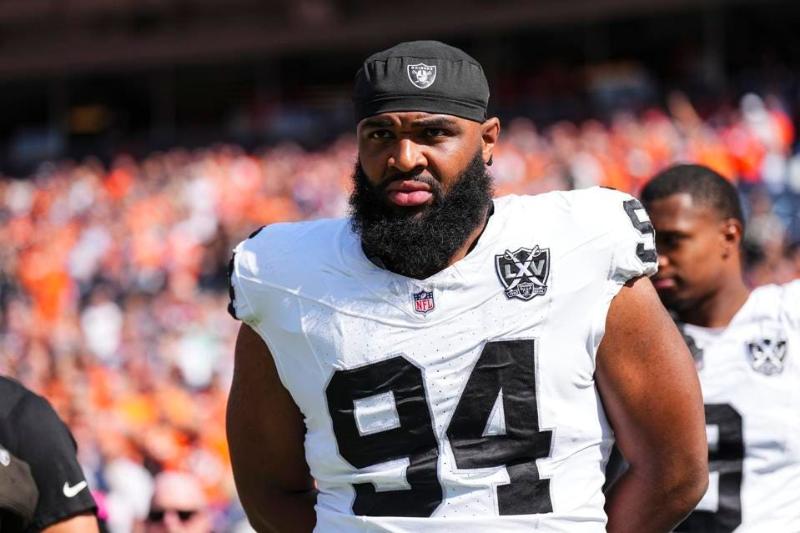Tiger Sport
TigerSport Football and Basketball Game Analysis
Raiders’ Release Of Christian Wilkins May Conflict With Medical Autonomy Provided For In CBA 


07-25 21:20Views 1703
The Las Vegas Raiders reportedly released defensive tackle Christian Wilkins on July 24th, despite signing him to a lucrative four-year, $110 million contract ($82.75 million guaranteed) before the 2024 season. The release stemmed from a disagreement regarding Wilkins' recovery from a foot injury suffered the previous season. The Raiders were dissatisfied with his progress and reportedly insisted he undergo additional surgery, a recommendation Wilkins disagreed with.
This situation raises significant bioethical concerns, particularly regarding the principle of patient autonomy – the right of an individual to control what happens to their own body. The Raiders' insistence on surgery against Wilkins' preference appears to violate this principle and could be viewed as self-serving or paternalistic.
The Raiders' actions and subsequent release also raise legal issues, leading the NFL Players Association (NFLPA) to file a grievance. The grievance likely centers on Section 6 of Article 39 of the NFL's Collective Bargaining Agreement (CBA). This provision grants players the right to a second medical opinion at the team's expense and, crucially, the ultimate right to follow the reasonable medical advice of their chosen second-opinion physician regarding diagnosis, surgery, treatment, and rehabilitation after consulting with the team doctor. This right aligns with the principle of autonomy and includes choosing their own surgeon if surgery is required.
The NFL's approach, granting players final say over their treatment, contrasts with other major leagues like the NBA, NHL, and MLS, whose CBAs give clubs the authority to determine a player's course of treatment. The importance of this right was highlighted recently in the NHL during CBA negotiations following a similar dispute involving player Jack Eichel.
Furthermore, the NFLPA's grievance likely contends that the Raiders' release violated Wilkins' contract, specifically the $35.2 million in remaining guaranteed compensation. While NFL contracts allow termination if a player's skill is deemed unsatisfactory or if salary cap constraints necessitate releasing a player expected to contribute less than others, the circumstances surrounding Wilkins' release, tied to the medical disagreement, are contested.









































Related Comments(1568)